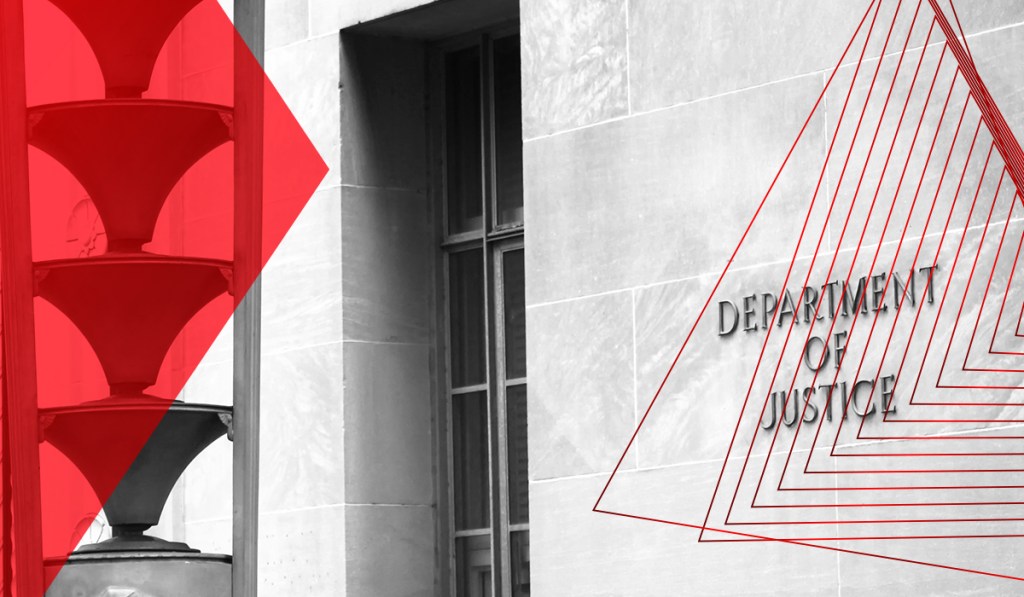The U.S. Department of Justice (DOJ) and the Consumer Financial Protection Bureau (CFPB) sued the developer and lender Colony Ridge on Wednesday, alleging the company operated an illegal land sales scheme and made false statements targeting tens of thousands of Hispanic borrowers in Texas.
That’s the first predatory mortgage lending case brought by the DOJ. It’s also CFPB’s first federal court lawsuit related to the Interstate Land Sales Full Disclosure Act. The lawsuit brings accusations of violations of the Fair Housing Act and Equal Credit Opportunity Act.
According to the lawsuit, Colony Ridge has developed over 40,000 lots across an unincorporated area of Liberty County, approximately 30 miles northeast of Houston. The land extends to 33,000 acres, nearly the same size as Washington, D.C. The company uses “Terrenos Houston” and “Terrenos Santa Fe” as names.
“Our investigation uncovered that Colony Ridge is baiting borrowers with lies, saddling families with predatory loans for homesites that the company knows have repeatedly flooded with raw sewage and lacked basic utility infrastructure,” CFPB Director Rohit Chopra said in a statement.
“Discrimination in lending harms families and neighborhoods for generations; it is wrong, and it has no place in our country,” Attorney General Merrick Garland said in a statement.
The lawsuit names the entities Colony Ridge Development LLC, Colony Ridge Land LLC, Colony Ridge BV and Loan Originator Services LLC.
In a statement, Colony Ridge CEO John Harris said that the developers were “blindsided” by the lawsuit.
“We are concerned that the Justice Department would pursue this action. The lawsuit is baseless and both outrageous and inflammatory. Our business thrives on customer referrals because landowners are happy and able to experience the American Dream of owning property,” Harris said in a statement. “We loan to those who have no opportunity to get a loan from anyone else and we are proud of the relationship we have developed with customers. We look forward to telling the true story of Colony Ridge.”
Gayle Campbell, managing member of Loan Originator Services, LLC., said in a statement that the “CFPB appears to be uninformed regarding the applicable law regarding land sales, as well as the facts surrounding Loan Originator Services’ involvement in these land sales.”
“This is a misunderstanding, and Loan Originator Services looks forward to explaining why these land sales are legal and appropriate for customers. LOS is confident the lawsuit will be dismissed once the government comprehends what actually occurred.”
Regarding its lending practices, regulators said the company exploited language barriers and high-sales pressure tactics to push borrowers to obtain their loan products quickly. However, the loan offered had exorbitant interest rates, ranging from 10.9% to 12.9% between 2017 and 2021, per the lawsuit. To illustrate, a standard 20-year fixed rate was 2.35% to 4.05% during the same period.
When families fell behind payments and entered foreclosure, Colony Ridge would allegedly “flip” the properties, repurchasing and selling at higher prices, which happened with at least 40% of all properties sold between September 2019 and September 2022.
Per the lawsuit, the company sold over 8,200 properties twice and 2,060 properties four or more times in three years. About one in four loans ended up in foreclosure, it says. Records show that Colony Ridge accounted for more than 92% of all foreclosures recorded in Liberty Count between 2017 and 2022.
Regarding its activities as a developer, the company is accused of misleading borrowers about the infrastructure on the lots it sells. Only after paying a non-refundable deposit would borrowers discover the properties may not provide water, sewer, and electrical infrastructure already in place. In addition, employees at the company failed to inform borrowers of flood risk.
“We heard from one woman who used the proceeds from selling her mother’s home to purchase a Colony Ridge property, only to discover that she would need to spend thousands of dollars to set up infrastructure for basic utilities, despite being told that those services were ‘ready’ on the property,” assistant attorney general Kristen Clarke said in a statement.
Clarke added: “Colony Ridge also told her that the property would never flood. But in reality, during heavy rains, flooding is so bad that she cannot get into or out of her neighborhood. It pained her to realize that with all the money she’s invested into her Colony Ridge property, she could have afforded a move-in ready home.”
According to Clarke, Colony Ridge development “operates as a one-stop-shop for discriminatory lending.”






